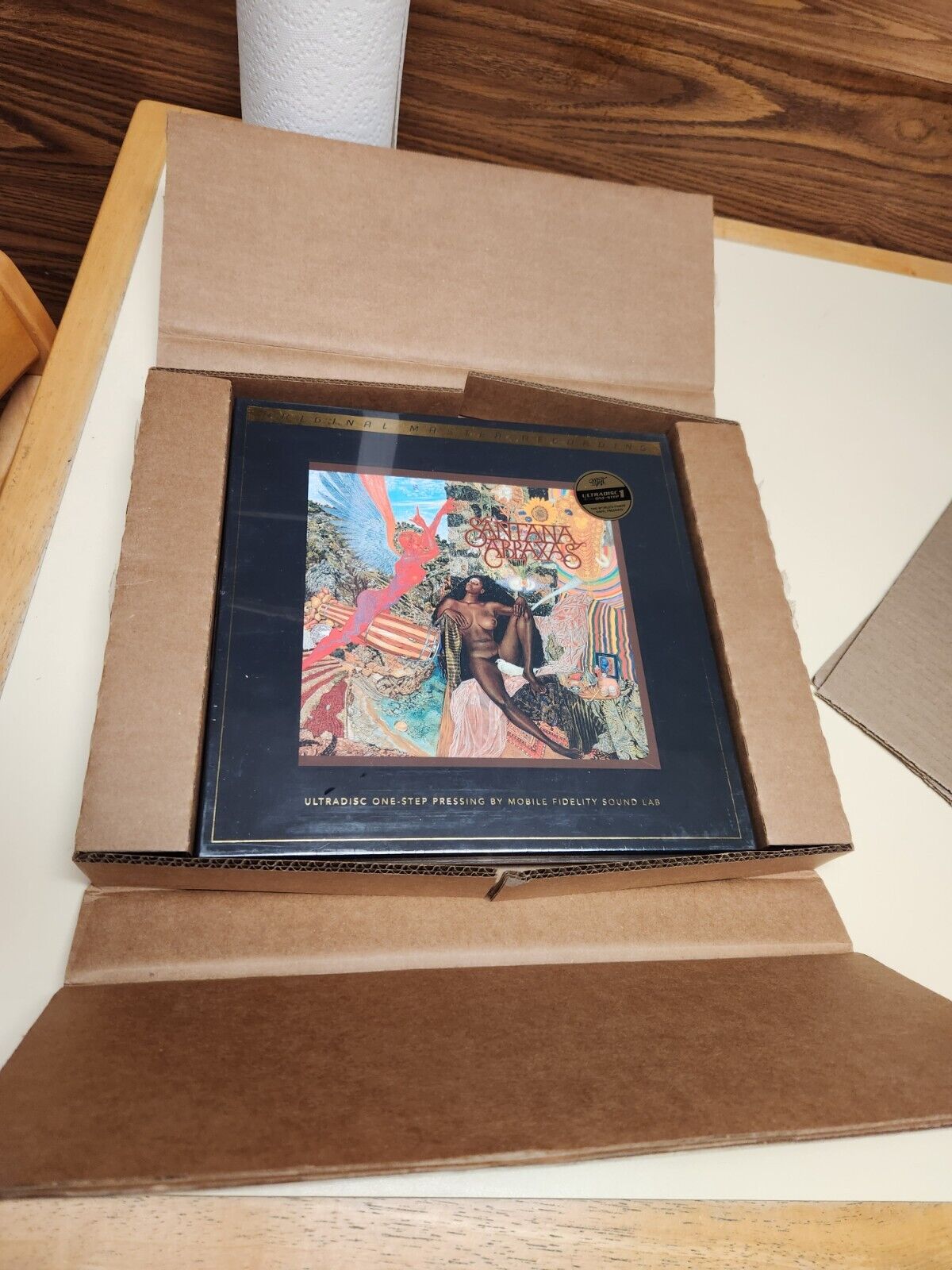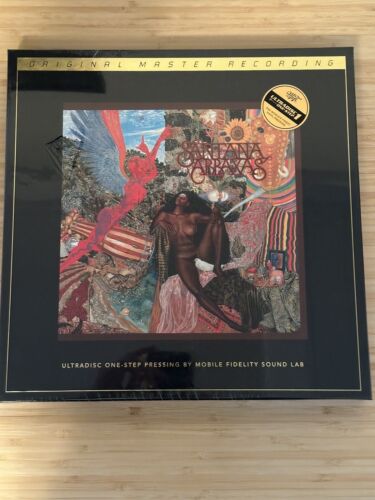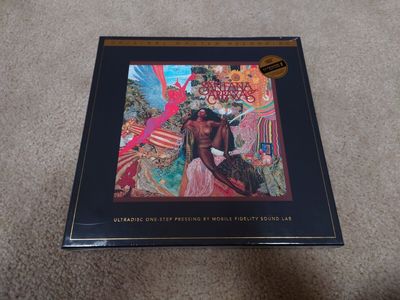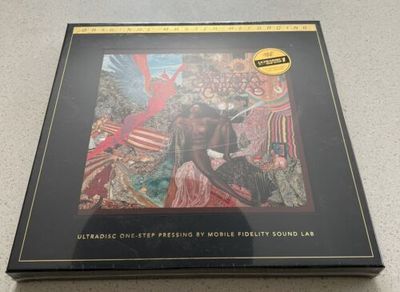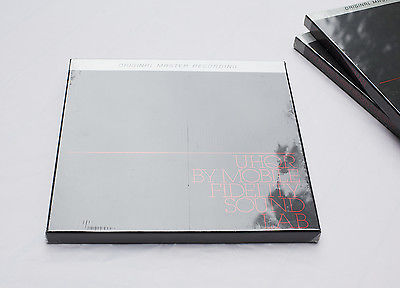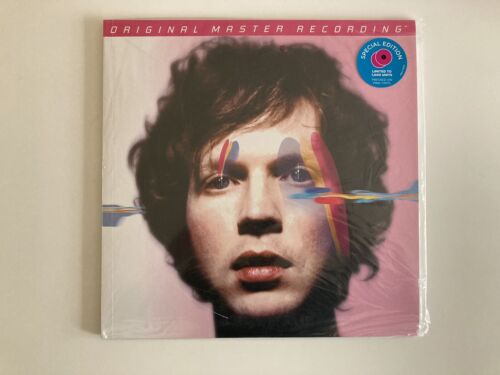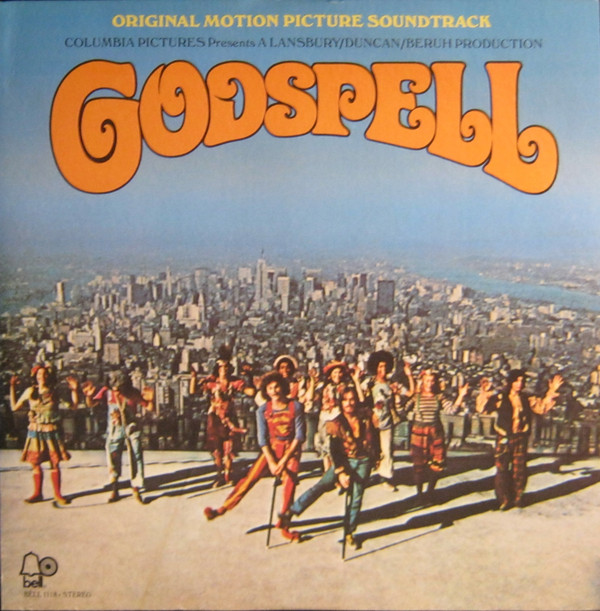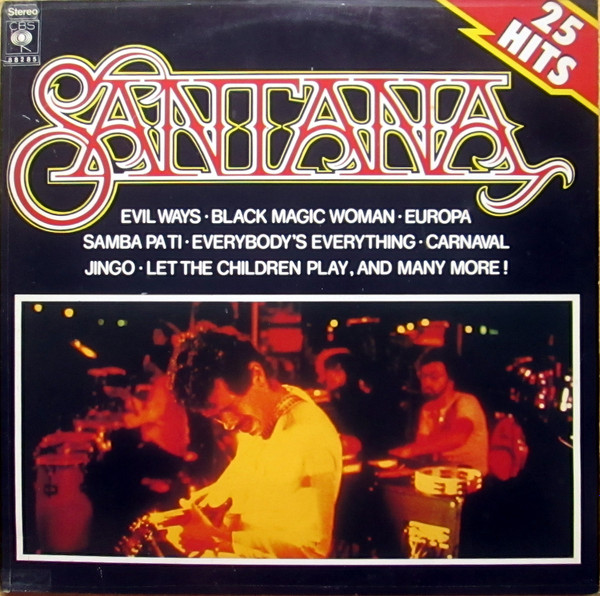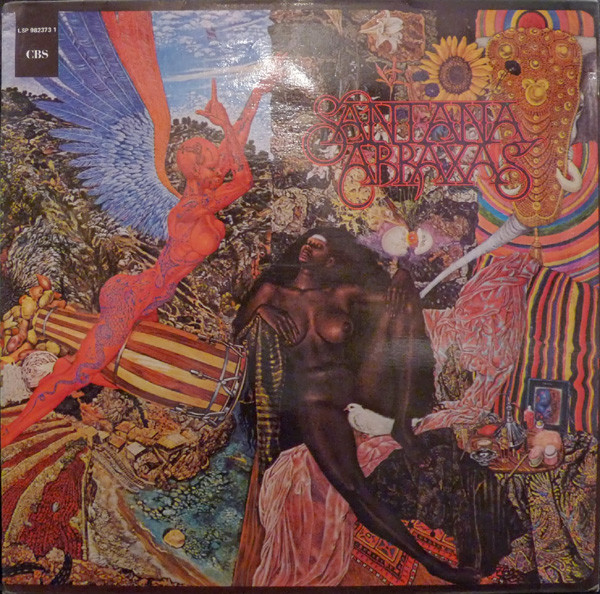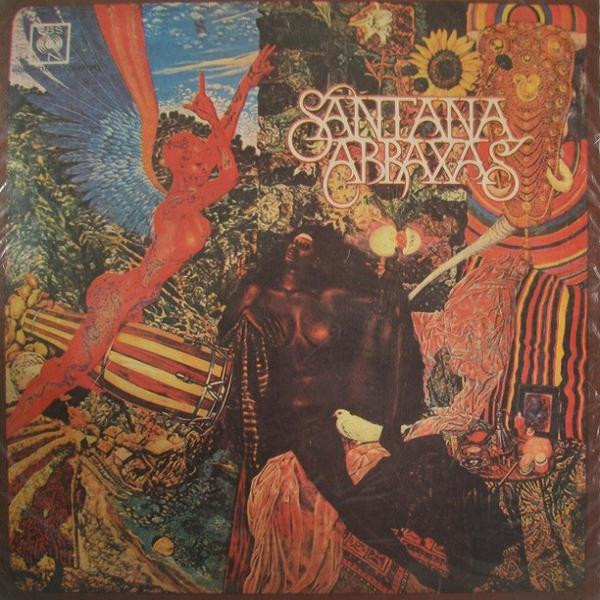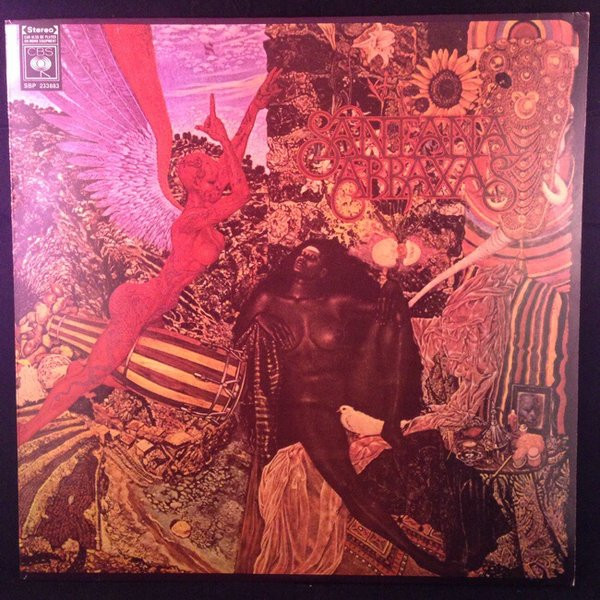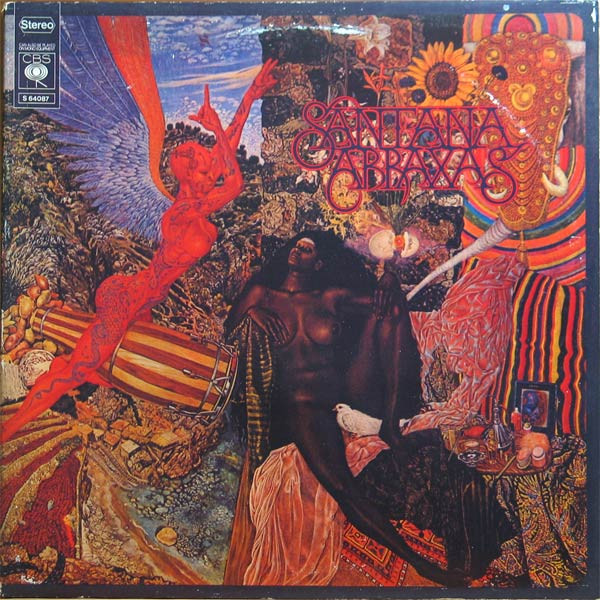Santana Abraxas Mobile Fidelity Sound Lab 1946 Ultradisc One Step 2 Lp Sealed
This item have been sold for $ 1050.00
Item Description
2 LPs, box set
Limited to 2,500 numbered copies
Original analog Master tape : YES
UD1S UltraDisc One-Step
Heavy Press : 180g
Record color : black
Speed : 45 RPM
Size : 12
Stereo
Studio
Record Press : RTI
Label : MOFI
Original Label : Columbia
Recorded April 17 May 2, 1970 at Wally Heider Studios, San Francisco, California and Pacific Recording Studios, San Mateo, California
Engineered mixed by David Brown, John Fiore
Produced by Fred Catero, Santana
Remastered by Krieg Wunderlich
Originally released in 1970
Reissued in 2016
Tracks:
Side A :
Singing Winds, Crying BeastsBlack Magic Woman/Gypsy QueenSide B :
Oye Como VaIncident at NeshaburSide C :
Se a CaboMother s DaughterSide D :
Samba Pa TiHope You re Feeling BetterEl Nicoya
Awards:
Rolling Stone magazine s list of the 500 greatest albums of all time Ranked 207
1000 Recordings You Must Hear Before You Die - Ranked 203
Billboard s 50 Essential Latin Albums of the 50 Past Years
Stereophile Records to Die For - 2017
Reviews:
The San Francisco Bay Area rock scene of the late 60s was one that encouraged radical experimentation and discouraged the type of mindless conformity that s often plagued corporate rock. When one considers just how different Santana, Jefferson Airplane, Moby Grape, and the Grateful Dead sounded, it becomes obvious just how much it was encouraged. In the mid- 90s, an album as eclectic as Abraxas would be considered a marketing exec s worst nightmare. But at the dawn of the 1970s, this unorthodox mix of rock, jazz, salsa, and blues proved quite successful. Whether adding rock elements to salsa king Tito Puente s Oye Como Va, embracing instrumental jazz-rock on Incident at Neshabur and Samba Pa Ti, or tackling moody blues-rock on Fleetwood Mac s Black Magic Woman, the band keeps things unpredictable yet cohesive. Many of the Santana albums that came out in the 70s are worth acquiring, but for novices, Abraxas is an excellent place to start. AllMusic Review by Alex Henderson
UltraDisc One-Step : Instead of utilizing the industry-standard three-step lacquer process, Mobile Fidelity Sound Lab s new UltraDisc One-Step UD1S uses only one step, bypassing two processes of generational loss. While three-step processing is designed for optimum yield and efficiency, UD1S is created for the ultimate in sound quality. Just as Mobile Fidelity pioneered the UHQR Ultra High-Quality Record with JVC in the 1980s, UD1S again represents another state-of-the-art advance in the record-manufacturing process. MFSL engineers begin with the original master tapes and meticulously cut a set of lacquers. These lacquers are used to create a very fragile, pristine UD1S stamper called a convert. Delicate converts are then formed into the actual record stampers, producing a final product that literally and figuratively brings you closer to the music. By skipping the additional steps of pulling another positive and an additional negative, as done in the three-step process used in standard pressings, UD1S produces a final LP with the lowest noise floor possible today. The removal of the additional two steps of generational loss in the plating process reveals tremendous amounts of extra musical detail and dynamics, which are otherwise lost due to the standard copying process. The exclusive nature of these very limited pressings guarantees that every UD1S pressing serves as an immaculate replica of the lacquer sourced directly from the original master tape. Every conceivable aspect of vinyl production is optimized to produce the most perfect record album available today.
